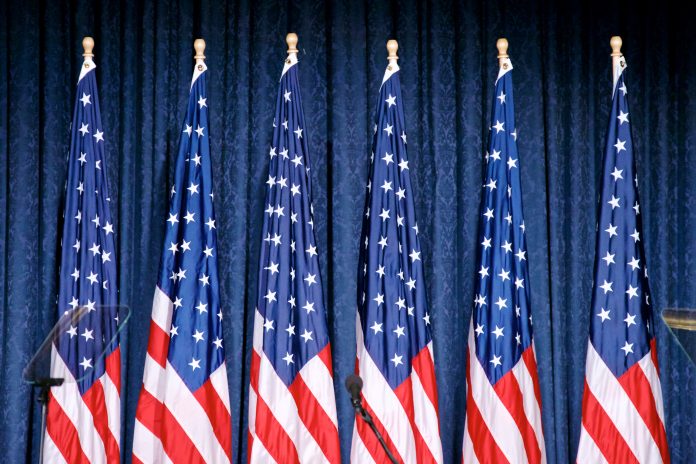The World Health Organisation (WHO) protects people’s health and security worldwide, but Trump has now withdrawn the US’ connection to the health organization
Trump was openly critical of how the organization handled COVID-19, and this began the idea of the US pulling out from the Geneva-based institution during the pandemic.
Experts believe that the US withdrawal from the WHO will significantly hinder the world’s defence against diseases and could dent the WHO’s resources.
Why do the US want to leave?
The decisions have been driven by Donald Trump’s longstanding criticism of the WHO’s response to COVID-19 and its overall financial practices.
Trump and his administration accused the WHO of unfairly burdening the United States with disproportionately high financial contributions compared to other countries, particularly emphasising China’s significantly lower payments despite its larger population.
This difference, along with the perception that the WHO was too lenient toward China early in the pandemic, strengthened Trump’s resolve to cut ties with the organization.
What does this mean for the future of the WHO?
This decision will have many impacts on the functioning and the organization of the WHO.
The withdrawal endangers the WHO’s funding, as the United States has traditionally been its largest contributor, offering essential support for global health initiatives, including disease eradication programs and emergency responses.
This loss of funding could threaten ongoing efforts against diseases like polio and damage the WHO’s capacity to respond swiftly to future health crises.
Trump’s executive order also calls for redirecting resources and personnel previously engaged with the WHO towards alternative partners, which aims to mitigate potential gaps in global health governance left by the US withdrawal. However, critics argue this shift could disrupt longstanding collaborations and diminish America’s influence in shaping global health policies.
The WHO organization has responded to this news by acknowledging that they have worked with the USA for several decades, and their partnership has helped protect Americans and others from various health threats.
US stance on health policies
Beyond financial and logistical concerns, the decision to withdraw from the WHO shows broader geopolitical tensions and the breakdown of multilateralism in global health governance.
By withdrawing from a key international health agency, the US risks weakening its position as a leader in global health diplomacy. This move could allow other major players, such as China, to gain influence and fill the void left by the US.
The Biden administration reversed Trump’s decision the first time after taking office, showing that, in this case, there are divided opinions within US political circles regarding America’s role in global health initiatives.
The WHO’s future without the US
Looking ahead, the withdrawal poses challenges for global health security and America’s standing in international health governance.
Experts warn that without US leadership and financial support, the WHO may struggle to maintain its effectiveness in responding to future pandemics and health emergencies, potentially leaving gaps that emerging health threats could use.
Trump’s order to withdraw from the WHO shows a complicated interplay of financial considerations, geopolitical tensions, and divergent views on international cooperation in public health.
Although this withdrawal is a response to the actions of the WHO’s pandemic response and financial practices, the decision is also important for the future of global health security and America’s role in shaping international health policies.
Going forward, the future will likely involve continued discussions about the benefits of multilateralism compared to unilateral action in tackling global health issues, highlighting the need for international collaboration to protect global health.











